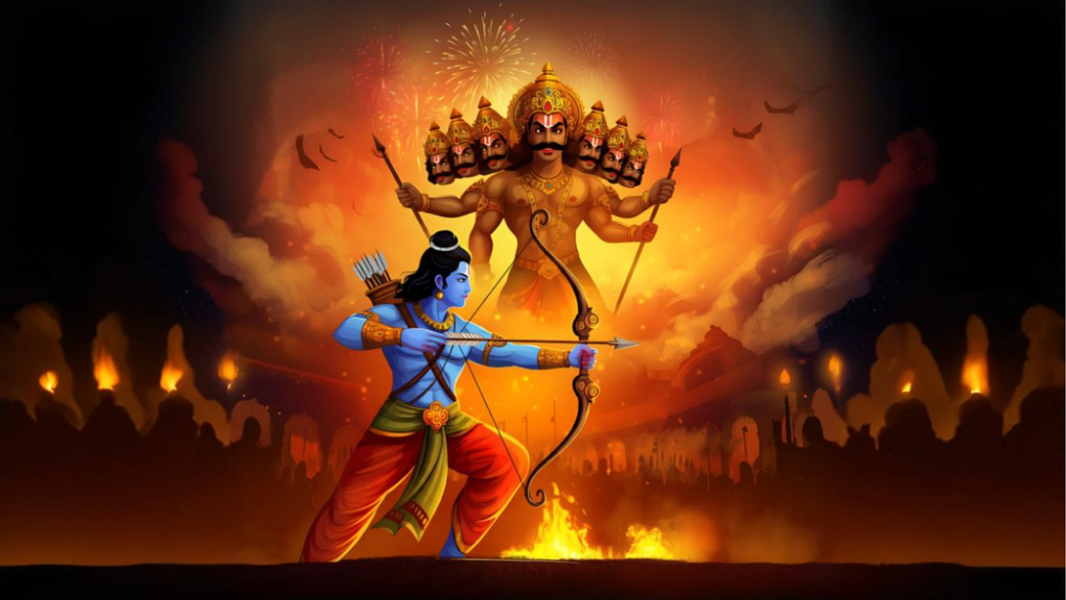Shad Darśanā is the six systems of Philosophy
Sanātana Dharma encompasses a rich tapestry of philosophical ideas and insights that have shaped the spiritual and intellectual landscape of the Indian subcontinent for centuries. To understand this in a better way, we delve into the profound six philosophical foundations of Sanatana Dharma (Sāmkhya, Yoga, Nyāya, Vaiśeṣika, Pūrva Mīmāṃsā, Uttara Mīmāṃsā), exploring the perspectives of notable philosophers and thinkers who have contributed to its development.
Sāmkhya Darśanā
Maharṣhi Kapila, credited as the founder of the Sāmkhya School of philosophy, expounded the principles of dualism and enumerated the components of the universe. His philosophical treatise, the "Sāmkhya Sūtras," outlines the metaphysical and cosmological aspects of existence. Kapila's philosophy analyses the interplay between Purusha (consciousness) and Prakriti (matter), exploring the nature of self, the creation of the world and the path to liberation.
Yoga Darśanā
Mahasrhi Patañjali, the sage who systematised the Yoga philosophy, compiled the "Yoga Sūtras," a seminal text on the theory and practice of yoga. Patañjali's philosophy elucidates the eight-fold path of yoga, known as Ashtanga Yoga, which encompasses ethical disciplines (yamas and niyamas), physical postures (asanas), breath control (pranayama) and meditation (dhyana). The Yoga Sūtras offer a comprehensive guide to self-discipline, inner awakening and union with the divine.
Nyāya Darśanā
Maharṣhi Gautama, also known as Akshapada, was the founder of the Nyāya School of Philosophy. His work, the "Nyāya Sūtras," offers a systematic analysis of logic, epistemology, and metaphysics. Gautama's philosophy emphasizes the importance of valid reasoning (Nyāya) and provides a framework for intellectual inquiry and debate. Nyāya philosophy explores the nature of knowledge, perception, inference, and the means of attaining truth.
Vaiśeṣika Darśanā
Maharṣhi Kashyapa, also known as Kanada, founded this philosophy school focusing on metaphysics, epistemology and the universe's nature. It asserts that the universe consists of unique, indivisible atoms (anu) that combine to create the world's various objects, classified into six categories: dravya (substance), guna (quality), karma (activity), samanya (generality), vishesha (particularity) and samavaya (inherence). This system emphasizes perception (pratyaksha) and inference (anumana) as reliable knowledge sources (pramana), promoting a logical and analytical approach. It has significantly influenced Indian philosophy and modern science.
Pūrva Mīmāṃsā Darśanā
Maharṣhi Jaimini, a philosopher of the Mimamsa School, authored the "Mimamsa Sūtras," which primarily focus on ritual practices and the interpretation of Vedic texts. Mimamsa philosophy emphasises the importance of precise ritualistic action (karma) and scriptural interpretation (shabda). Jaimini's philosophy provides guidelines for performing Vedic rituals, understanding the efficacy of sacrifices and unraveling the deeper meaning embedded in Vedic scriptures.
Uttara Mīmāṃsā Darśanā
Also known as the Vedanta system founded by Maharṣhi Vedvyāsa, it is built primarily on the Prasthānatrayī (प्रस्थानत्रयी), the three foundational works that take one to the final goal of life (prasthāna). They are: the Śrutiprasthāna (Upanishads); the Smṛtiprasthāna (the Bhagavad Gītā) and the Nyāyaprasthāna (the Brahma Sūtras). Founded on the Vedās, it explores the profound concepts of reality, knowledge and the nature of the self. Vedanta delves into the nature of consciousness, the relationship between the individual soul (atman), the ultimate reality (Brahman) and the paths to liberation (moksha). Vedānta's teachings have deeply impacted Hindu spirituality, inspiring seekers to unravel the mysteries of existence and seek self-realisation.
These six philosophies cover a broad range of subjects, methods and approaches to observe the world and arrive at the truths regarding reality and the true nature of existence not only to gain a proper understanding of it but also to use such knowledge for our spiritual growth and finally attain liberation.
Glossary:
Darśanā - Darshana
Sāmkhya - Saamkhya
Sūtras - Sootra
Nyāya - Nyaaya
Vaiśeṣika - Vaisheshika
Pūrva - Poorva
Mīmāṃsā - Meemamsaa
Prasthānatrayī - Prasthaanatrayee
Prasthāna - Prasthaana
Śruti - Shruti
Smṛti - Smriti
Gītā - Geetaa







